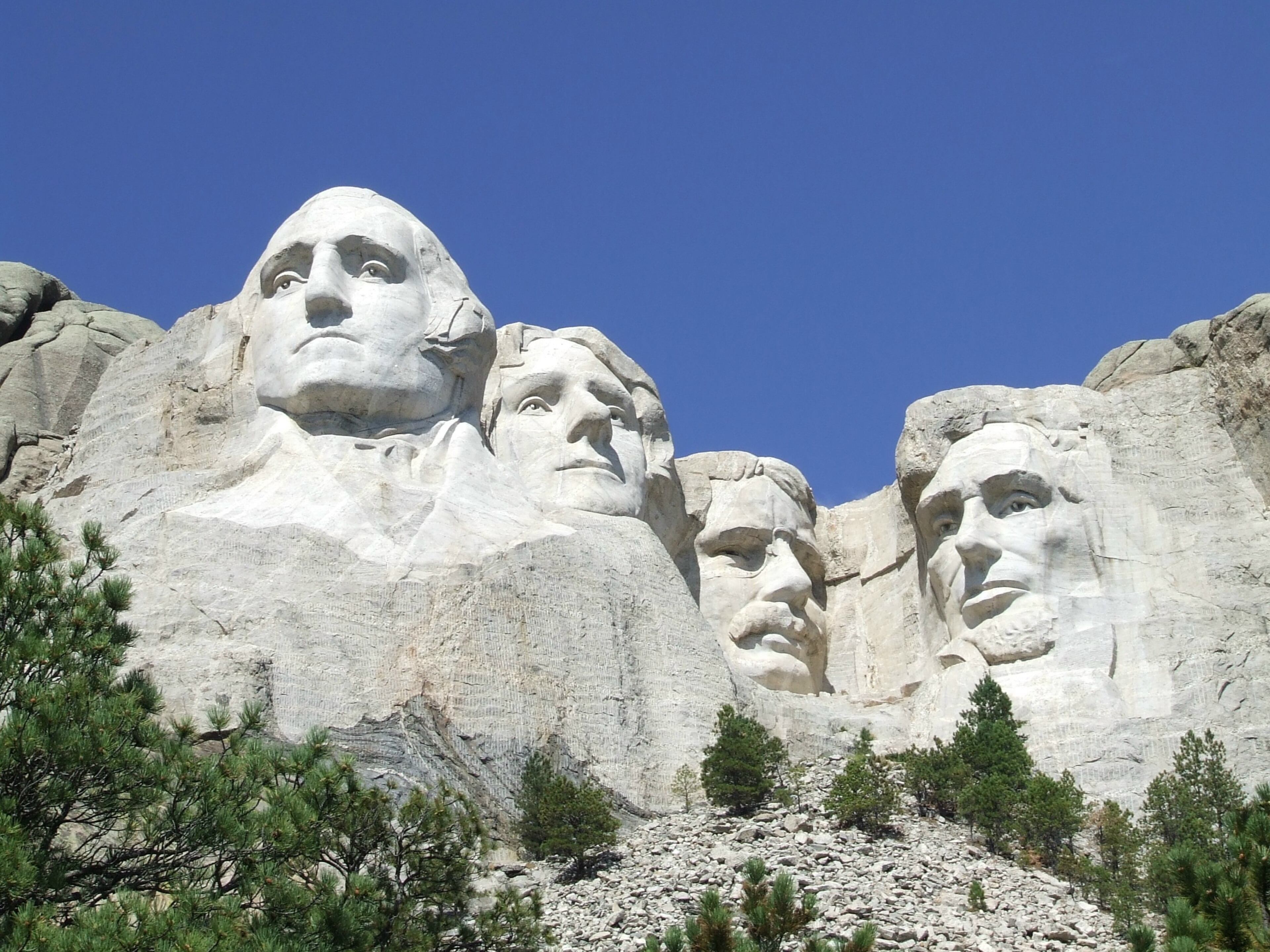Opinion: AP history ought to treat founding fathers as men, not monuments
A veteran teacher whose writings have appeared on AJC Get Schooled, J. Marcus Patton blogs at jmarcuspatton.wordpress.com where this essay on the changes to APUSH first appeared. He is working on a book, "History is Story: Reforming the Way We Teach and Learn About Ourselves in the Information Age. "
Patton has some great stuff on his blog, including a good piece on Stone Mountain and Confederate history. But today, he discusses the changes announced by the College Board to Advanced Placement U.S. History, better known to students as APUSH.
The College Board altered the course framework last week to mollify critics who said recent revisions downplayed positive aspects of our nation's history and its founders and failed to recognize "American exceptionalism."
Writing on this blog , Georgia state Sen. William Ligon, Majority Caucus Chairman, wrote: "The College Board requires educators to teach history through 'themes' and 'key concepts' that create a distorted and incomplete understanding of our American story." Ligon said the College Board turned America's melting pot into a boiling pot.
By J. Marcus Patton
Last week the College Board, which sets guidelines for the Advanced Placement classes taken by high school students around the country, announced that it will revise its U.S. History curriculum in response to criticism from activists who felt that it inadequately emphasized American heroes. One of the phrases to be added to the new guidelines is “American exceptionalism.”

But it is a tool that can facilitate misunderstanding as well.
To be unique– to be the exception to everything – is to be alone in the world.
But to be a part of the great pattern of human existence, the latest expression of irrepressible human nature, is to be in touch with ourselves, and with each other. As humans we learn from each other. As exceptions, we have nothing to learn. Different rules apply.
There is a limit to the value that can be gained from exceptionalism. There is a limit to the value that can be gained from celebrating heroes. When we place certain human beings outside the realm of normal human experience, we put them on the other side of the line from ourselves. That’s not fair to them or to us, and in so doing we rob ourselves of valuable lessons in life.
I haven’t yet studied the changes in the Advanced Placement course for U.S. History. But my initial reaction to the news I have read is that this constitutes a dumbing-down of the curriculum, a disincentive to question or to dig deeper.
And it is in digging deeper that the story becomes more real, more interesting to students, to scholars, and to the casually curious. Students in my classes over the years were not surprised to learn that George Washington was the wealthiest man in Virginia. They were a little surprised to discover that he achieved this status by marrying the wealthiest widow in the colony. Washington was highly regarded in his own day, but this was to a great extent as a result of careful calculation on his part. He studied and scrupulously followed the rules of etiquette. He entered the military as an officer (he was, after all, born into the class of respectable wealthy landowners) in order to prove his leadership skills and devotion to public service.
In an era when to lobby for positions of power and influence was considered crass, Washington did not ask for command of the Continental Army. He simply showed up as a delegate to the Second Continental Congress in full dress uniform until the other delegates took the hint. He deserves a great deal of credit for holding together a ragtag army for years while facing a formidable foe, but he lost more battles than he won, and some of his greatest successes in the field were in simply escaping annihilation.
Washington the man, complete with human failings including unbridled ambition, obsessed with his public image, is far more interesting as a figure in history. And it is far easier for students to aspire to accomplishments as great as his were, when we see him as a man, and not a monument.
The problem with heroes is that their great deeds are by definition unremarkable. Heroes do great things. They are not like most of us. Different rules apply.
But wouldn’t it be better to acknowledge that ordinary men and women are capable of extraordinary deeds – that all of us can aspire to do great good? Shouldn’t we teach history in a way that allows students to discover for themselves whether a person’s actions are worthy of admiration, instead of decreeing hero status on a select group of historical figures? Shouldn’t we challenge students to identify the ways in which the United States is like other nations throughout history, and the ways in which it is an exception, instead of starting from a declaration of American exceptionality?
to The Atlanta Journal-Constitution’s
, a weekly email with top news about Georgia schools, colleges and universities.
Our education newsletter delivers news about metro Atlanta school districts and how decisions made in the Capitol affect students, families, and teachers around the state. And it includes the latest on Georgia’s colleges and universities, student debt and higher education spending.



